Reality Check: How can police stop terror suspects travelling?
- Published
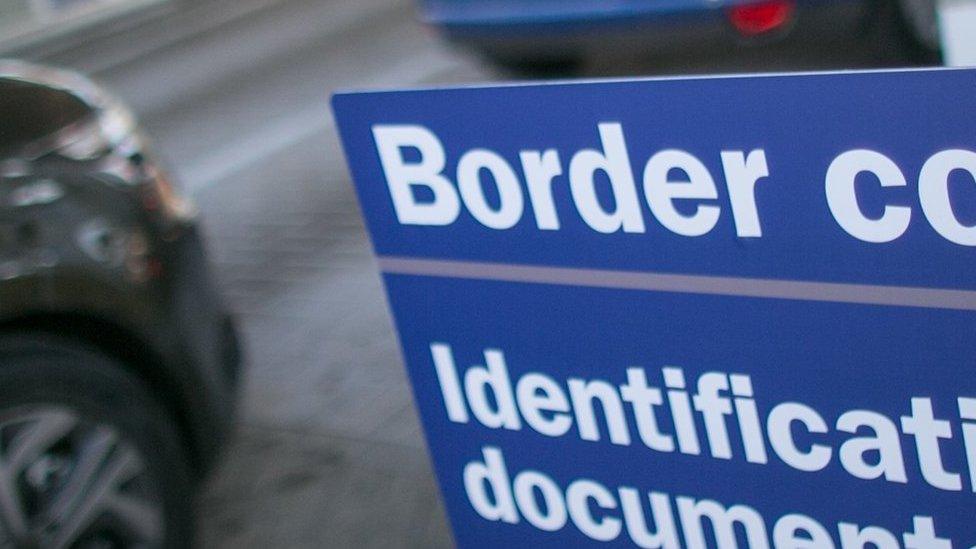
In the aftermath of the Manchester Arena bomb attack, Home Secretary Amber Rudd has said that suicide bomber Salman Abedi was known "up to a point" by security services and it's believed he had recently returned from Libya.
Twenty-two people were killed and 64 injured after Abedi detonated a homemade device at the concert venue on Monday
It's not known if he was on any watch-list.
What powers do the police currently have to stop suspected terrorists from travelling?
Port and border controls
Schedule 7 of the Terrorism Act 2000 gives the police the power to stop, search and hold individuals at ports, airports and international railway stations.
Initially individuals could be questioned for up to nine hours - although a change in the guidelines means it is now up to six hours. The police also have the power to inspect electronic devices such as phones and laptops.
The police do not need prior knowledge or suspicion to use Schedule 7 - although the Home Office says it's done after "informed considerations".
A total of 23,717 people were stopped under the power in the year ending June 2016, a fall of 23% on the previous year.
Despite fewer people being stopped, the number detained under the power has increased by 7%, rising from 1,649 to 1,760 in the same period.
Of those detained, 41% categorised themselves as Asian or Asian British.
Seizing travel documents
The police have the power to temporarily seize travel documents if they believe someone is travelling in order to engage in terrorist activity. It was a power granted in the 2015 Counter-Terrorism Security Act.
Travel documents can be held for 14 days. The police can apply for an extension through the courts, but this must not exceed 30 days in total.
Between February and December 2015, the power was used 24 times. The Home Office says that in some cases this led to further action, such as cancelling passports.
Passport confiscation
As a British passport is the property of the Crown, Royal Prerogative can be used to confiscate, cancel or refuse them.
The criteria changed in 2013, allowing a home secretary to withdraw passports if they are satisfied there is a public interest to do so.
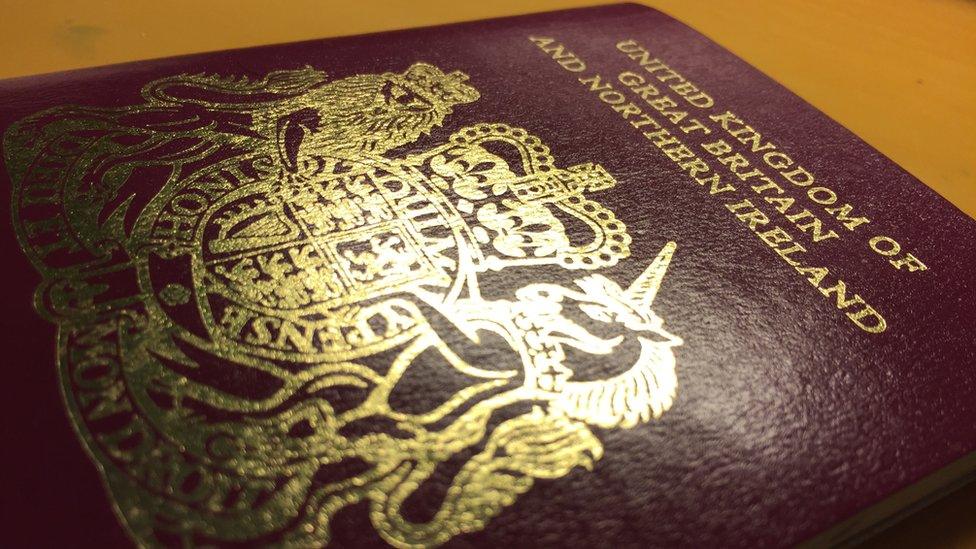
The power was used 23 times in 2015 in relation to national security. This means that passports were either revoked or the application was refused.
The decision to take away passports can be challenged in the courts.
Authority to Carry Scheme
The authority to carry scheme prevents certain individuals from travelling to or from the UK - essentially it is a no-fly list.
The carrier - such as an airline - is liable to a financial penalty of up to £50,000 if it fails to comply and the individual manages to travel.
The scheme came into force in March 2015 and in its first year, a total of 1,132 people were refused travel., external
TPims
Terrorism Prevention and Investigation Measures, or TPims, are a form of house arrest. It applies to people who are deemed a threat but cannot be prosecuted or deported if they are a foreign national. They were first introduced in 2012 and replaced controversial control orders.
Those under TPims can be subjected to electronic tagging, having to report regularly to the police and surrendering travel documents. A suspect must live at home and stay there overnight - possibly for up to 10 hours.
The suspect is allowed to use a mobile phone and the internet to work and study, subject to conditions.
In 2015, TPims were toughened by granting the ability to relocate subjects up to 200 miles away from their normal residence.
TPims initially last for one year, although they can be extended to two. It is possible for them to remain beyond the two-year maximum if there is suspicion of further terrorism activity. A breach of the TPims can lead to imprisonment.
As of November 2016, seven people were subjected to TPims - six of whom were British citizens., external
Temporary Exclusion Orders
Temporary Exclusion Orders (TEOs) were created by the 2015 Counter-Terrorism and Security Act. They apply to British citizens suspected of involvement in terrorist activity abroad. They are designed to stop suspects from re-entering the UK unless they give themselves up at the border.
Those subjected to TEOs are only allowed to return if they make contact with the UK authorities. If they do come back, they are likely to face either prosecution or close supervision under monitoring powers.
The Orders last for up to two years at a time and can be renewed. Breaches could lead to a prison sentence.
The home secretary applies the TEO where they "reasonably suspect that the subject is or has been involved in terrorism-related activity while outside the UK".
The government released details on its disruptive and investigatory powers, external in February.
On the BBC Today programme, the Home Secretary Amber Rudd confirmed they had been used once so far.
Citizenship stripping
The 2014 Immigration Act granted the home secretary the power to strip citizenship from dual nationals or from immigrants who have become naturalised citizens and are now fighting overseas, even if that renders them stateless. An individual can mount a legal challenge to the decision.
In 2015, five people were stripped of British citizenship on the basis it was "conducive to the public good".



- Published25 May 2017
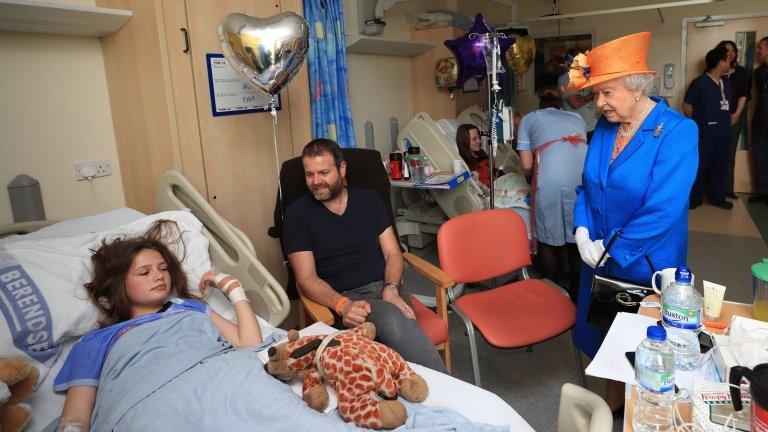
- Published18 May 2017
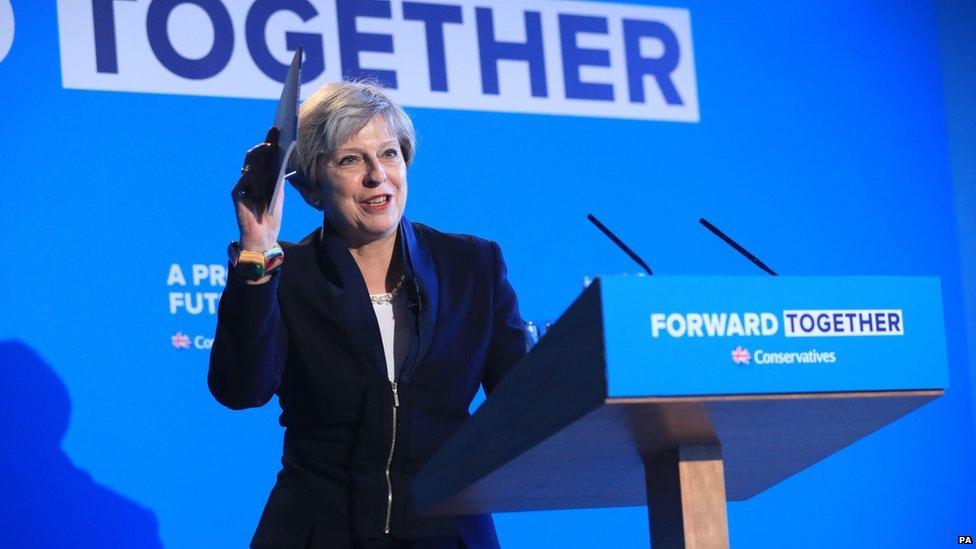
- Published18 May 2017
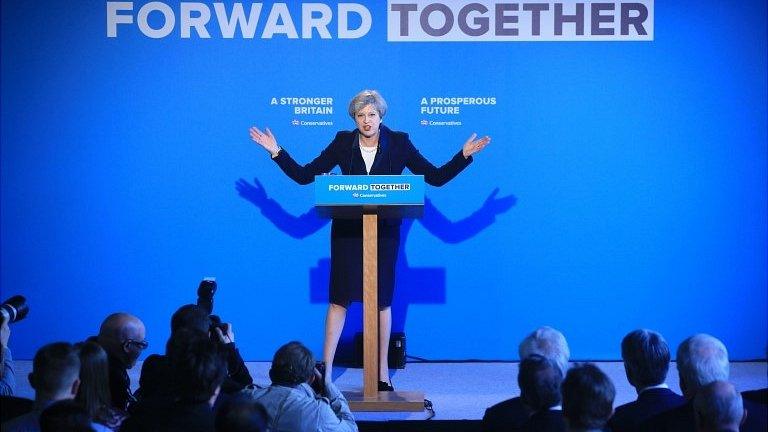
- Published18 May 2017
- Published24 February 2017